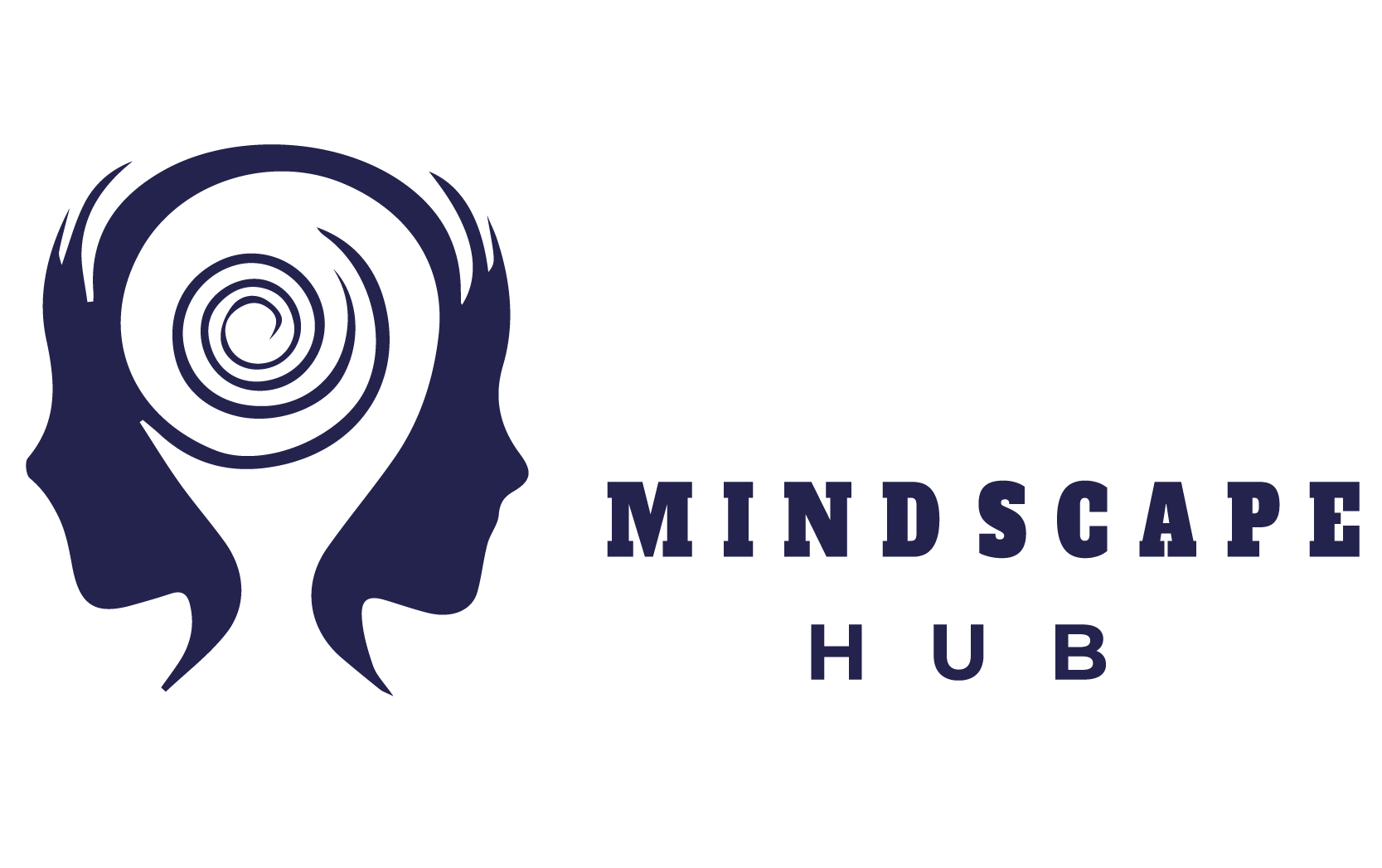- When our body is stressed due to exams, you go on a freeze response and start scrolling endlessly unable to take an action even when you feel utterly guilty inside.
- When your partner makes you stressed, you might go on a flight response and run away from the situation or the person.
- Inability to leave the survival mode, living in constant anxiety severely impacts our energy, motivation, emotions, actions proving to be damaging to our brain/bodily functioning, work and relationships with the Self and others.
According to Nichole Jardim, author of “Fix Your Period”:
Cortisol sits at the top of the hierarchy of hormones. High levels of cortisol often indicate hormonal disruption in the body, leading to various abnormalities that may or may not be explained by other conditions. Thyroid dysfunction, menstrual irregularities, unexplained physical pains, autoimmune diseases, among many others, are commonly associated with high levels of stress.


